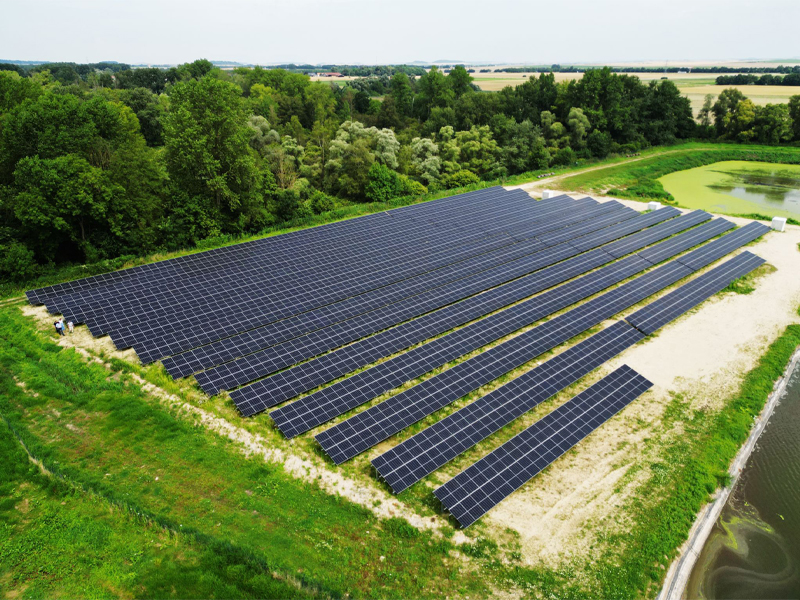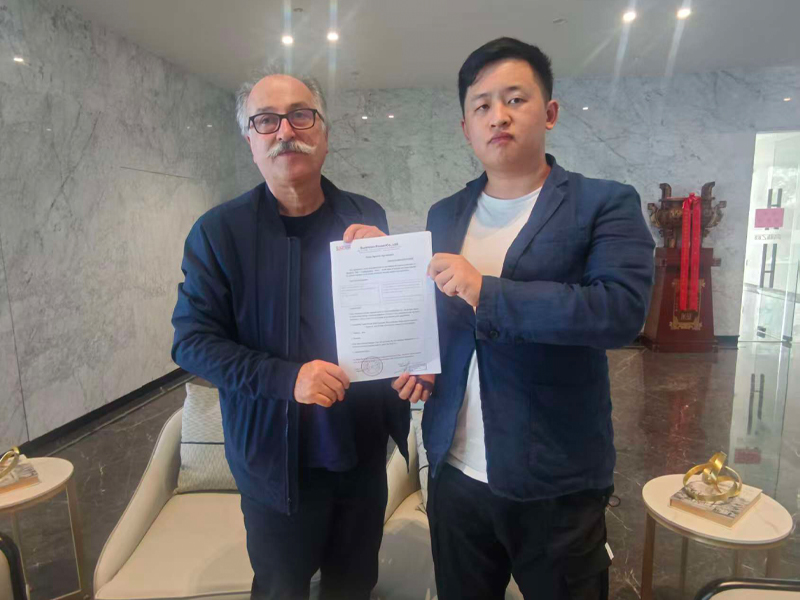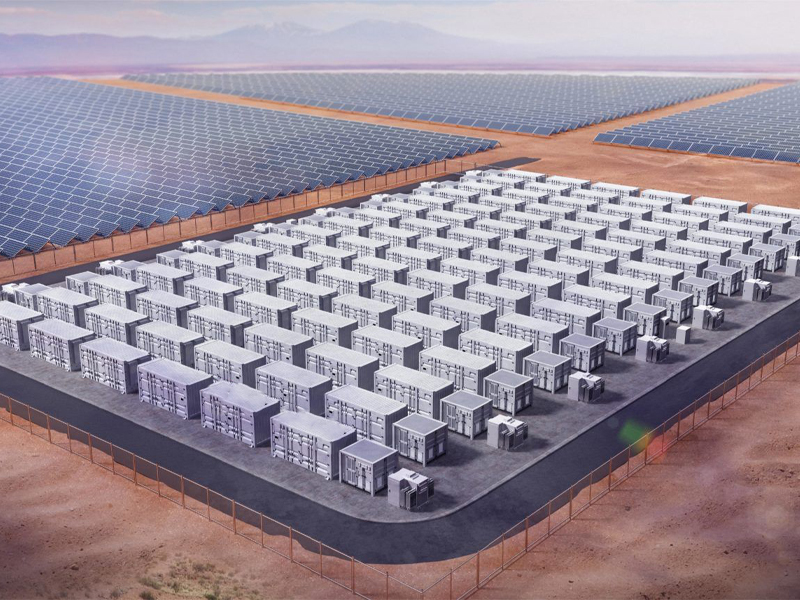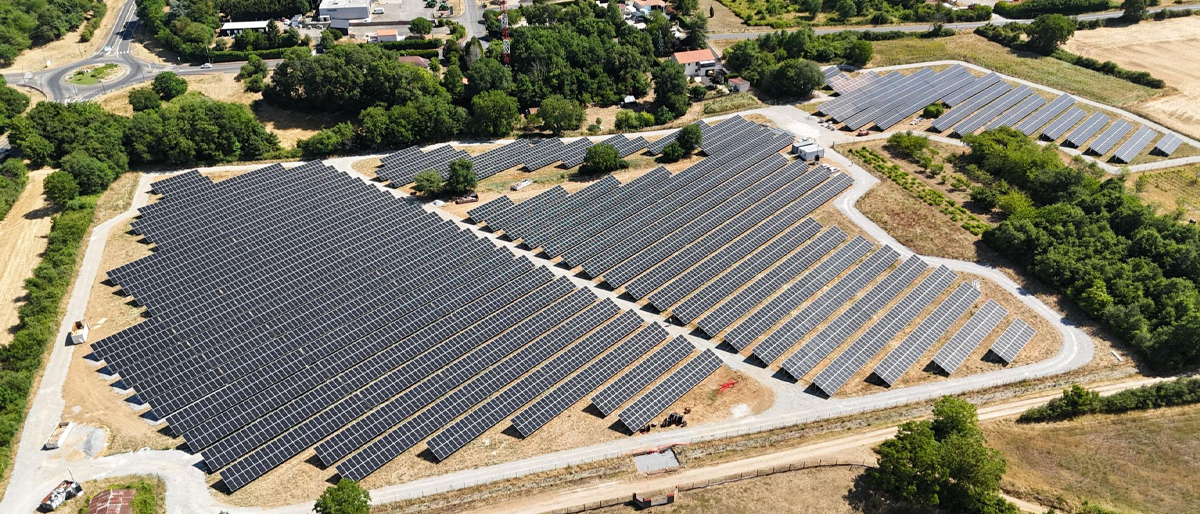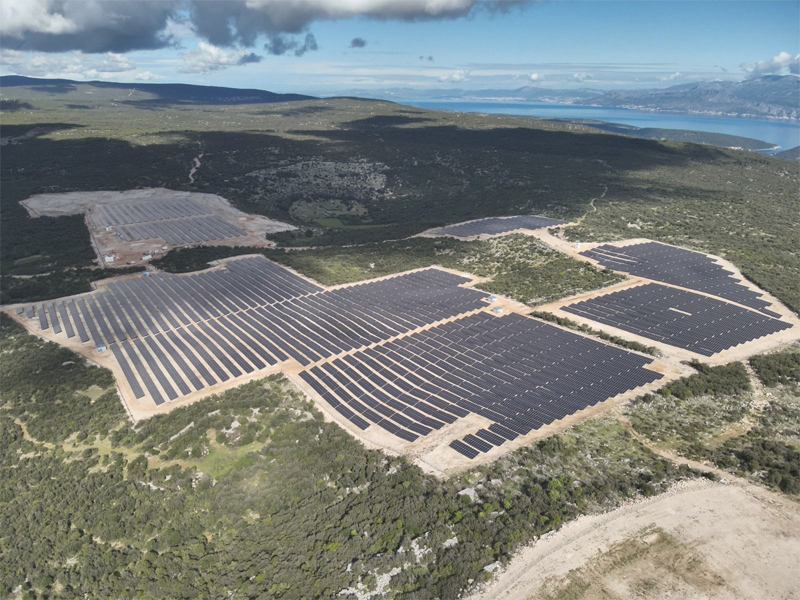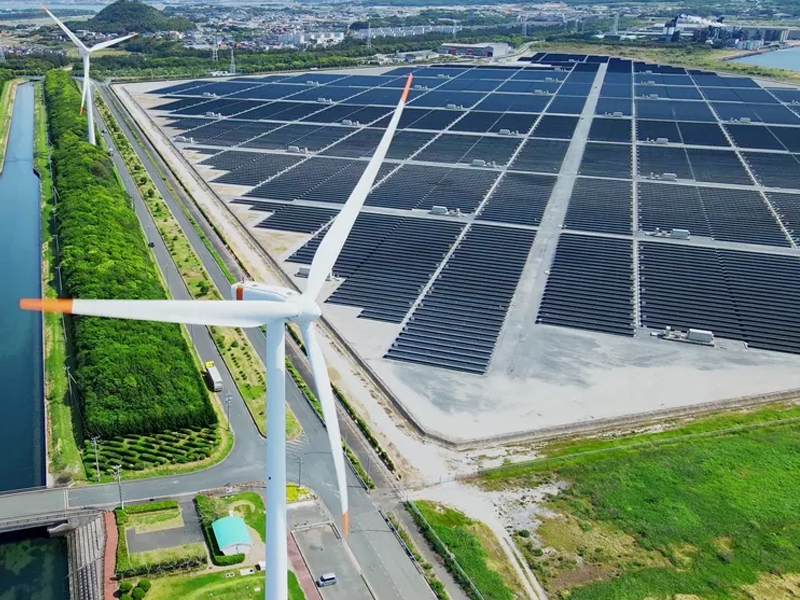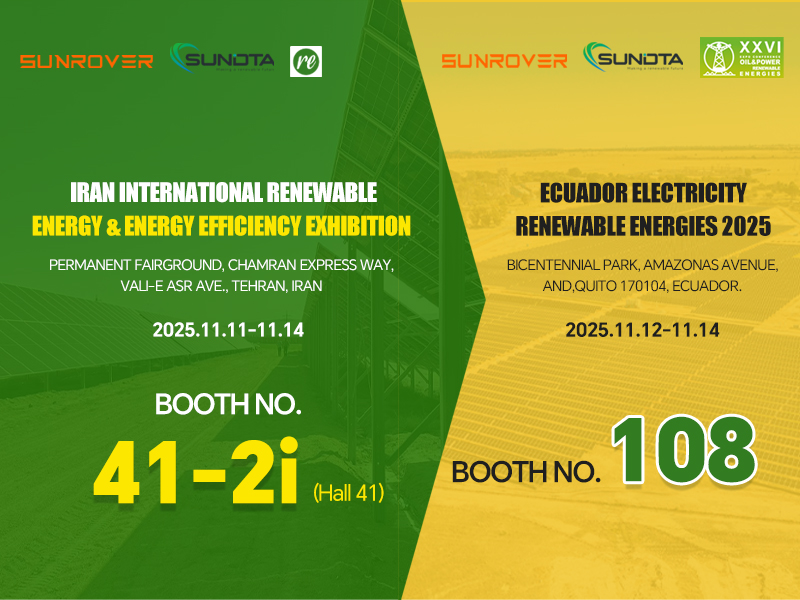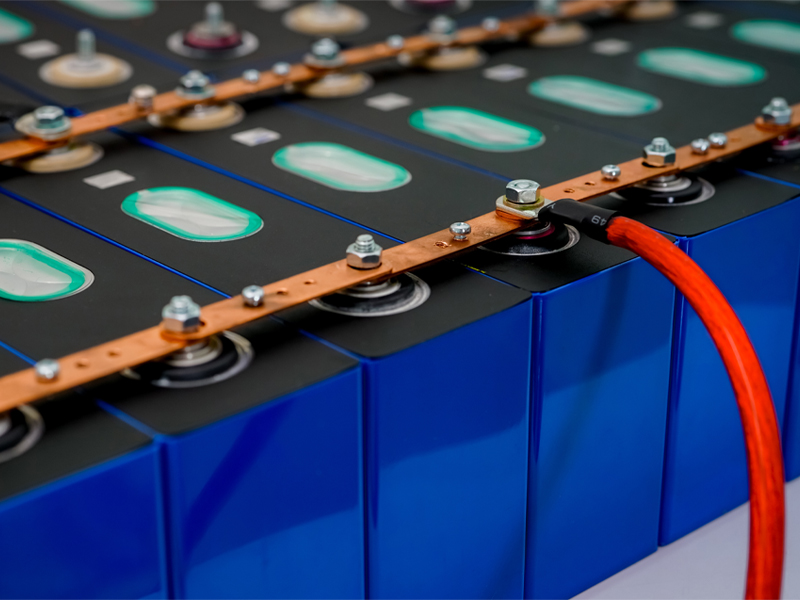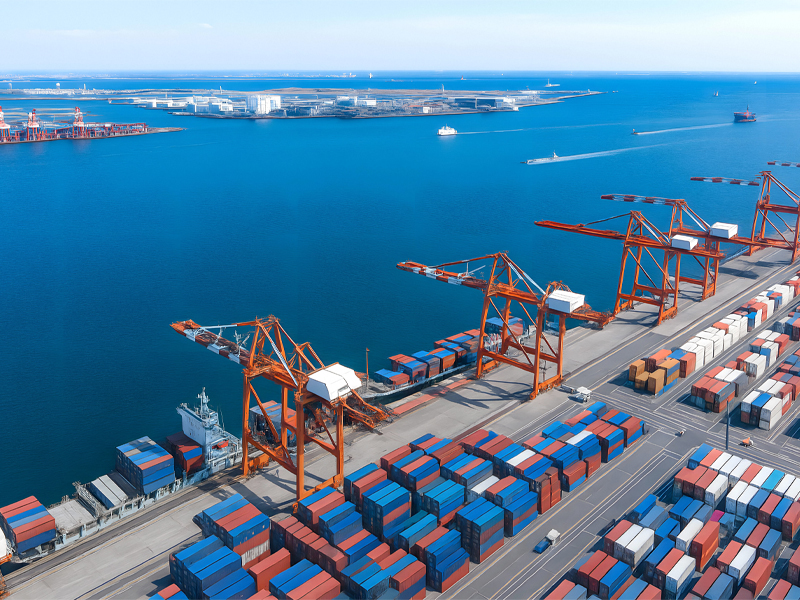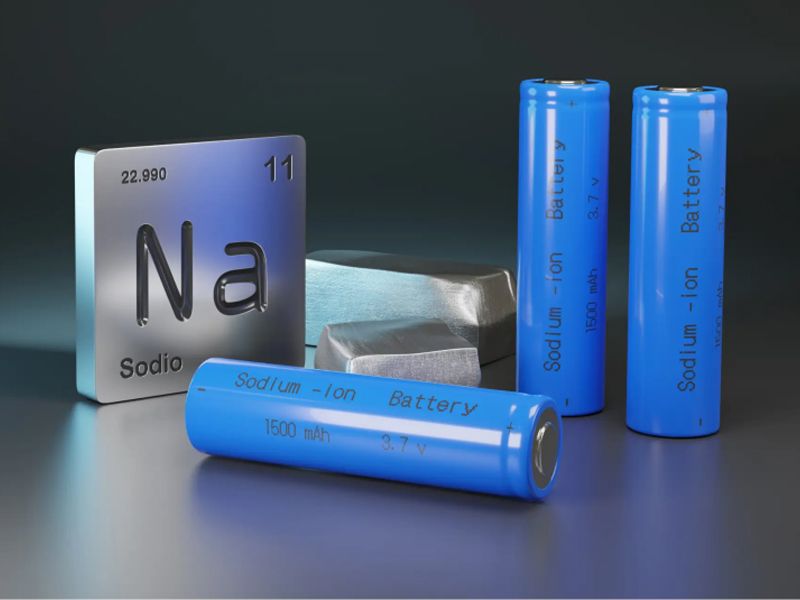What if Your Morning Coffee Was Powered by the Sun? The Future is Here.
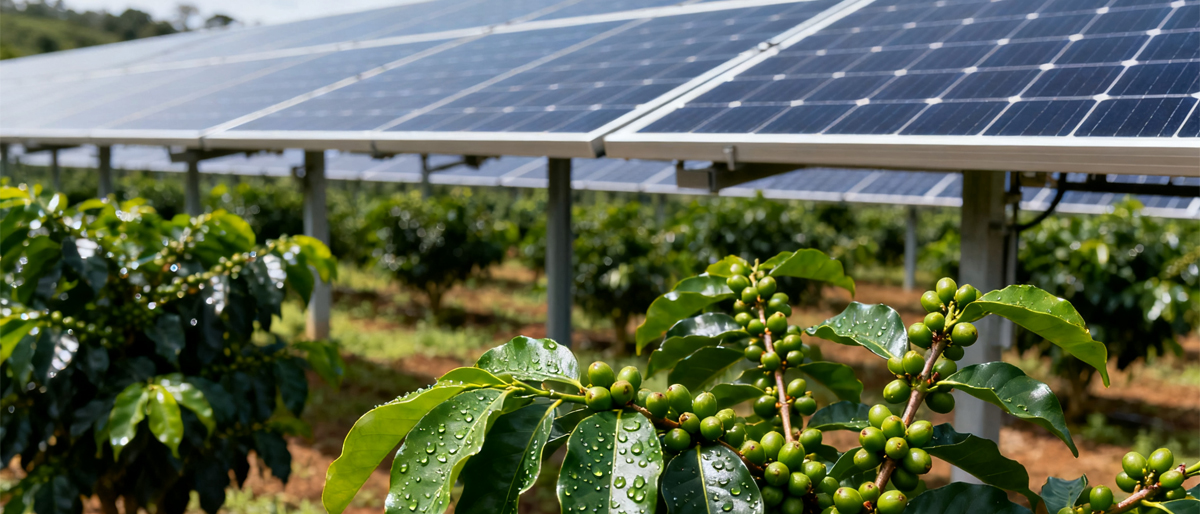
The global coffee industry is increasingly turning to solar-plus-storage systemsto enhance sustainability, reduce operational costs, and ensure energy resilience. Coffee plantations, often located in sun-rich regions with irregular terrain, are ideal candidates for agrovoltaic installations—where Solar Panels are strategically elevated above crops. This approach not only generatesrenewable electricity but also provides controlled shade, which can improve bean quality and reduce water evaporation by up to 30%, addressing critical challenges in coffee cultivation.
The efficiency of these installations hinges on a carefully engineered combination of components. High-performance photovoltaic modulesare selected for their ability to perform reliably in humid and partially shaded environments, common in agricultural settings. These panels capture abundant Solar Energy while shielding plants from excessive sunlight. Complementing them are smart inverters, which efficiently manage energy conversion and distribution, powering irrigation systems, processing machinery, and drying facilities with grid-like reliability. Their advanced monitoring capabilities also allow remote operation—an advantage for farms spread across vast or remote areas.
Critical to the system’s adaptability is the specialized mounting structure. Designed to withstand harsh weather and accommodate slopes often found in coffee-growing landscapes, these rust-resistant and adjustable racks ensure minimal soil disturbance and long-term stability. Beneath the surface, lithium-ion batteries serve as the backbone for Energy Storage, storing surplus power generated during peak daylight hours. This stored energy is dispatched during nighttime operations or cloudy days, enabling 24/7 functionality and reducing dependence on diesel generators or unreliable grids.
The benefits are substantial: significantly lower electricity costs, a smaller carbon footprint, and improved crop resilience through microclimate management. Moreover, the system offers energy security in regions prone to power outages, ensuring continuous operation during critical harvesting and processing periods.
At the forefront of this integration is SUNROVER, which provides end-to-end customized solar and storage solutions tailored to the specific needs of coffee farmers. Whether for smallholder applications, large commercial plantations, or complex topographies, SUNROVER leverages engineering expertise and flexible design to deliver optimized systems that enhance both energy and agricultural output. Their commitment to innovation ensures that every project—whether modest or massive—is built to perform sustainably and efficiently in the unique context of coffee farming.
By adopting solar-plus-storage technology, coffee growers are not only investing in Clean Energy but also brewing a more sustainable and economically stable future for their industry.


